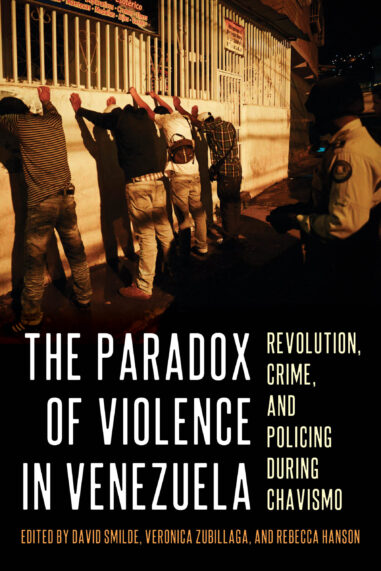
Hardcover $60.00
Request Exam or Desk Copy. Request Review Copy
The Paradox of Violence in Venezuela
Revolution, Crime, and Policing During Chavismo
The Paradox of Violence in Venezuela emerges as an indispensable contribution to our understanding of the multilevel drivers of one dimension of Venezuela’s recent turmoil, its strikingly high rates of violence. Editors David Smilde, Verónica Zubillaga and Rebecca Hanson—who are among the most insightful and knowledgeable analysts of contemporary Venezuela—have done a remarkable job bringing together a multi-disciplinary set of scholars that bring to bear a diverse array of perspectives and methodological tools to elucidate two key, inter-related puzzles.

